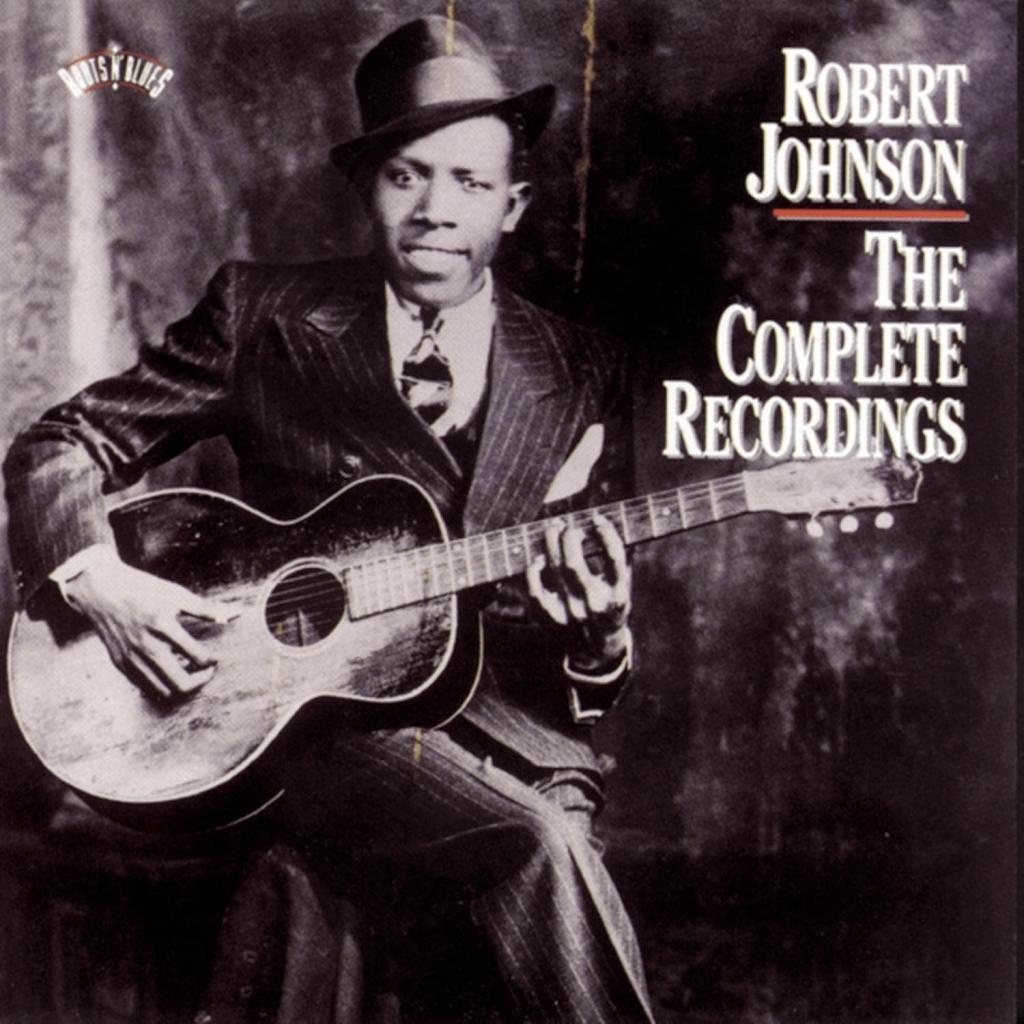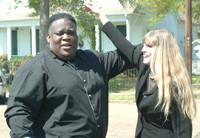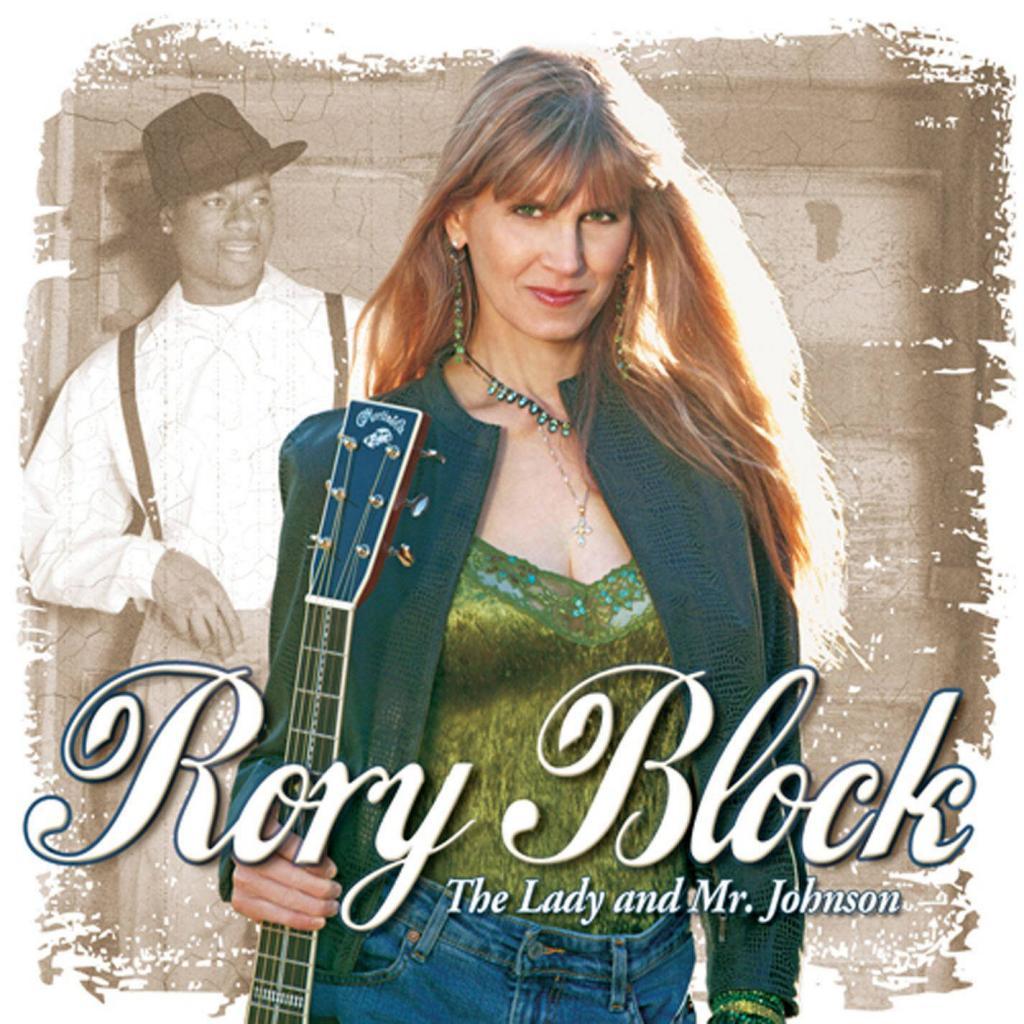What Blues Man Sold His Soul to the Devil
Robert Johnson may be the most misunderstood blues artist of the 20th century. During his lifetime his only "hit" record was Terraplane Blues, which sold about 5000 copies. He recorded only 29 songs, was active on the chitlin circuit for about three years and died in 1938 at age 27 from pneumonia, the result of being poisoned by a club owner angry that Johnson had made love to his wife. That was 80 years ago.
Yet in death, he has become the blues messiah. Blues guitarist Scott Ainslie, who wrote the definitive book on Johnson, Robert Johnson/At The Crossroads (Hal Leonard, 1992), has called him "a gateway drug to the world of the blues for young rock-and-rollers and blues fans like me." Keith Richards on the cover of Robert Johnson the Complete Recordings states flatly, "You want to know how good the blues can get? Well, this is it."
I've had people who don't know the difference between blues and bluegrass say to me, "Oh, yeah, Robert Johnson, he's the guy who sold himself to the devil." The average mainstream rock fan is titillated by that myth. As a society, we tend to separate secular music from religious music with many people viewing blues, rock and pop as the yin to gospel yang. To them, gospel will save your soul, but blues is an ode to the devil espousing sinful and lazy ways that pay homage to the red-tailed demon with horns.

"If learning to play the guitar was that easy, we would all play guitar, and I'll just meet you in hell," says Scott Ainslie with a chuckle. "Playing guitar is not that easy. You can't just sell your soul to the devil and play whatever the hell you want."
The Robert Johnson myth is that he was a lazy womanizer who couldn't play a lick until he went to the Crossroads of Route 49 and 61 and made a deal with the devil to exchange his soul for the ability to play great blues, which he did for about three years prior to his untimely death in 1938. Since then, his King of the Delta Blues Singers LP released in 1961 and containing 16 of his songs, has sold around 20,000 copies. Since its 1990 release, a two-CD box set The Complete Recordings has sold 1.5 million copies.

Robert Johnson's grandson Steven Johnson is a preacher and a musician who plays both gospel and blues. He's on a crusade to set the story straight about his grandfather. "I often tell people to listen to the lyrics themselves to the song 'Crossroad Blues.' Why would you go to the crossroad to sell your soul to the devil and be asking God to save you at the same time? The two just don't go together, so it is my strong belief listening to other historians and people who have done extensive research on the life of my granddad I really believe the challenge he had in his short time frame came from practice and hard work and just having a passion for his music the short time he was on this earth."
"I didn't base my career on the narrative about Robert Johnson and the devil," says Rory Block, who has sung the blues of the masters for more than half a century and is the minister of her own church. "It wasn't real for me. What was real for me was that it was gospel music. When I first talked to Robert Johnson's grandson Steven, he told me that was a myth. He said, 'You know, grandpa was singing gospel.' Steven said, 'Listen to the words: I went down to the crossroads / I fell down on my knees / I asked the Lord above for mercy / He said, poor Bob, if you please,' and 'If I had possession over judgment day, I wouldn't have no right to pray.' The man was preaching.'"

Rory continues, "So I never did involve myself in the idea of blues being the music of the devil. It might be a cool thing to say, to write a story about, or as Steven says 'It makes a great movie, but that didn't happen.' I guess there were some blues contemporaries of Robert Johnson who had a tale to tell about that. And that's fine. "But as Steven says: 'Nothing good ever came from the devil!' In fact, I view early blues as being gospel-based. I think that's something I'd like to be known for. I know this runs counter to the popular notion that it's cool to think of blues as the music of the devil. Maybe people have enjoyed that as a rebellious point of view, and I get that. I get that. Perhaps it's empowering. But for me, music is deep and about the soul and the fact that we're all from the same speck of dust. It's not about the outward self."
In reality, Robert Johnson was not a good blues singer when he first started playing in public, but he took two or three years off from performing live and worked with other bluesmen to learn to play, the most notable being Son House. According to Ainslie, it was Son himself who first made the offhand comment that Johnson had sold his soul to the devil. "The crossroads thing comes from interviews with Son House who commented to somebody way after the fact that Robert must have sold himself to the devil because he left the Delta and disappeared and a couple of years and later came back and played circles around everybody, and Son's offhand remark about that was, 'He must have sold his soul to the devil to be able to do that.'"
Stephen Johnson spent time talking to Robert Johnson's stepson, the late Robert Lockwood Jr., who spent time as a teenager at his stepfather's knee learning to play guitar and went on to develop his own jazzier style. "Mr. Lockwood said my granddaddy was the only guy that he ever seen that could listen to any number, whether it was gospel, bluegrass, country, everything he heard on the radio. If he heard it one time, he'd pick up the guitar and play whatever it is he heard. They never seen anybody else do anything like that."

"I never understood the idea that blues was the music of the devil," says Rory. "I think anything that has incredibly deep emotion and resonates with people in a life-changing way is of a spiritual nature. So, to me, if you're singing a Robert Johnson song, a Skip James song, or any old blues song that rocks somebody's world and makes them feel encouraged or comforted, well then you're singing gospel."
Paraphrasing John Sinclair, the White Panther musician, Scott Ainslie sums up the fatal flaw in those who think of blues as the polar opposite to gospel, "No, man, if you have cancer, do you look for a doctor who knows how to treat cancer? (I am) the blues doctor. I know how to treat the blues. I don't have to have the blues. I just have to know how to treat them."
wedgwoodowbet1957.blogspot.com
Source: https://www.americanbluesscene.com/2021/08/devil-didnt-make-him-debunking-robert-johnson-myth-3dw/